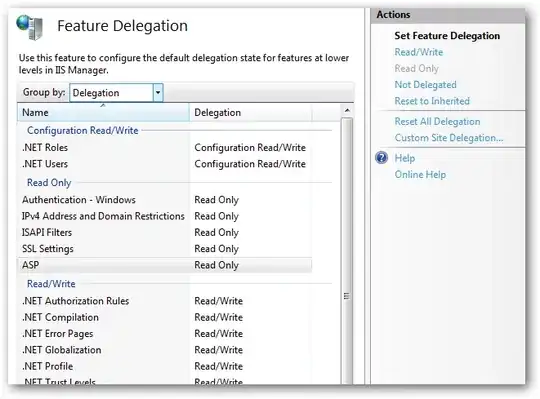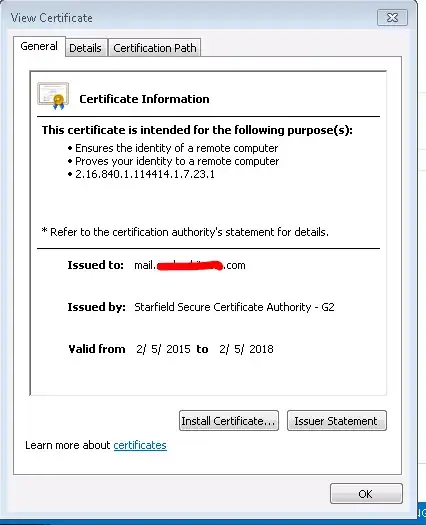Following are my environment details
- I have created 2 virtual machines in Azure. node 01 and node 02
- Both machines are using windows server 2012 R2
- Attached disks for node 01 and node 02
- Added node 01 and 02 to fail over cluster
Then I went to following area in Fail over cluster manager to add new Disks
Failover Cluster Manager -> Storage -> Disks
But, I do not see any disks as shown below
When I try to add disks, I am getting below error message
Why I need disks?
I am trying to create file share access using scale out file server feature
I do not see drives in New Share Wizard as shown below
I do understand that once the cluster setup is done we need to add disks to shared volume using "add to cluster shared volume” option http://blogs.technet.com/b/canitpro/archive/2013/12/11/scale-out-file-shares-and-continuously-available-file-services.aspx but I do not see any disks!
Update One of friend suggested as follow
To deploy Windows Server Failover Clusters on Microsoft Azure VMs, you would need third-party storage-level replication software like StarWind Virtual SAN or SIOS Data Keeper.
But I am not sure will these third party support all my production requirements.
Steps to configure SQL AlwaysOn FCI in Azure IaaS Cloud with StarWind Virtual SAN Solution http://www.tech-coffee.net/sql-alwayson-fci-in-azure-iaas-cloud-with-starwind-virtual-san-solution/


